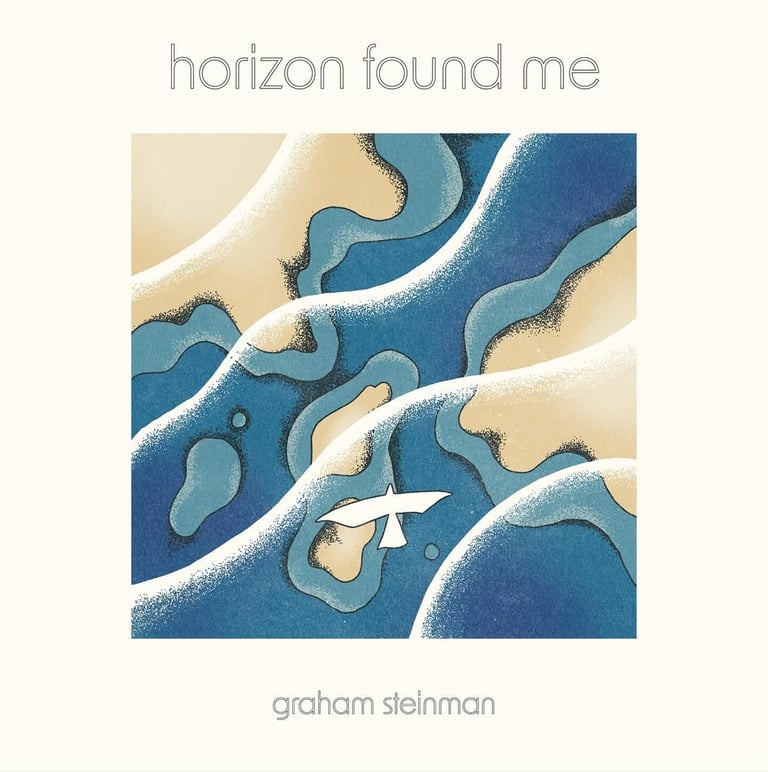Following the Kingfisher: Graham Steinman's Deep Dive Into Nature with “migration’s only natural”
RISING
9 Lounges Team
5/12/2025


A Soundtrack to the Sublime
This album doesn't settle for easy metaphors. Instead, Steinman inverts the common trope of using nature as a stand-in for modern life. He places nature at the forefront, allowing it to speak on its own terms — raw, cyclical, and ever-moving.
With collaborators like Brontae Hunter and Emil Grigoriadis White, the record becomes a collaborative sonic landscape. It's textured, ancient, and intentionally earth-toned — a conscious choice that allows every note and lyric to feel rooted, yet restless.
Connect with Graham on Instagram
Montreal-based musician Graham Steinman returns with a new album that digs deep into the natural world — not just to reflect it, but to engage in a dialogue with it. Titled migration’s only natural, this latest release is a vibrant, boundary-pushing folk-jazz project that charts the journey of a kingfisher from a northern coast to a southern shore.
Where past works like Glass Orchards (2017) and West Fox Island (2022) served as impressionistic responses to the environment, migration’s only natural is more than observation — it's participation. Steinman doesn’t just paint nature's picture, he walks inside it.
migration’s only natural is not just another indie-folk album. It’s a bold testament to the possibility of music as ecological reverence — something ancient, moving, and alive. With each track, Graham Steinman proves he’s not simply inspired by nature — he’s listening to it.



Music as Ecological Communion
Rather than mimic nature, Steinman seeks communion. His music emerges as a conversation between humanity and ecosystem, a reminder that we are not separate from nature but participants in its ever-evolving story.
Listeners are invited to travel alongside the kingfisher — to witness the winds, the shifts, the wild uncertainty of migration. This journey becomes a metaphor for attention itself: a spiritual act in the face of modern distraction.
As poet Mary Oliver once urged — pay attention, be astonished, and tell about it — Steinman does exactly that.